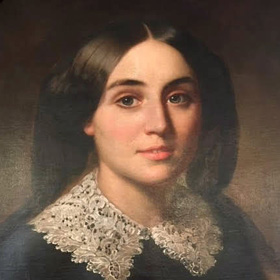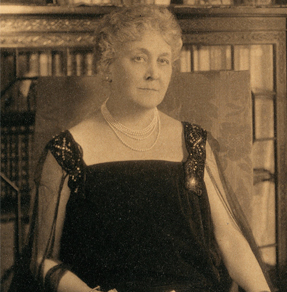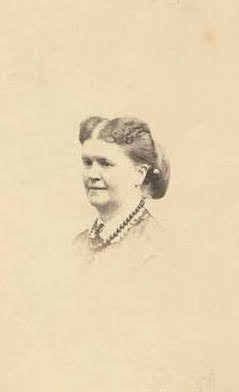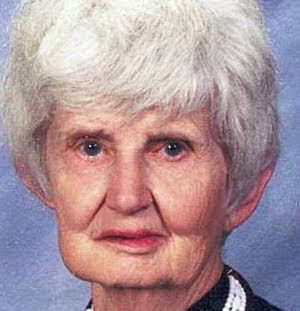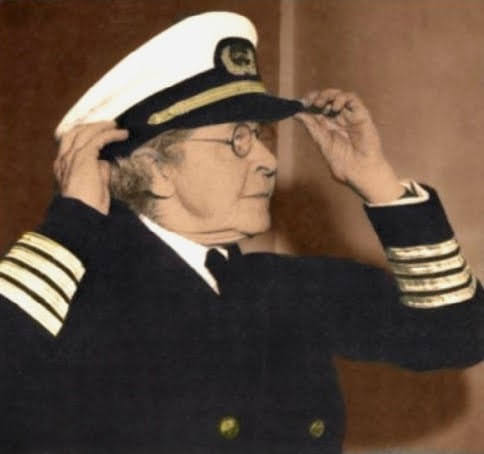Philanthropist Elizabeth Leonard (1823-1901) left an insightful legacy to the town of Rochester. In 1876, she donated money for the first Rochester Free Public Library. In 1879, she made a donation of $3000 to renovate the First Congregational Church. Later, Elizabeth contributed toward the building of a new Rochester Town Hall with the stipulation that the building include the library.
Philanthropist Elizabeth Gibbs Leonard (1823-1901) left an insightful legacy to Rochester, the town that she and her husband loved and called home. In 1845, Elizabeth Gibbs of New Bedford married Charles Leonard, who had inherited land along what is now Mary’s Pond Road with his brother Theodore. At first, Elizabeth and Charles lived in both New York and locally, in Rochester. By 1853, Charles began to transform his Rochester property into a gentleman’s estate, at the location now known as Eastover Farm.
As a couple, the Leonards were civic-minded and generous. After Charles’ death in 1868, Elizabeth began her most important philanthropic work. Believing that the town of Rochester needed a good library, she donated money in 1876 for the first Rochester Free Public Library. In 1879, she donated $3000 to renovate and refurbish the First Congregational Church. This included furnaces for heating the building that are still in use today. In 1892, Elizabeth gave $2000 (half the cost) toward the building of a new Rochester Town Hall. This donation came with the stipulation that the building include a library. The Rochester Free Public Library remained there until the Joseph H. Plumb Memorial Library opened in 1976.
Elizabeth died in 1901 and is buried with her husband in the Center Cemetery in Rochester.
Connie Eshbach, Rochester Historical Society
Information from
-
Beaulieu, Betty. Three Centuries at Eastover Farm and the Sippican Mill: A Chronicle of the History of Eastover Farm and the Sippican Mill and the Families Who Shaped that History. 2012.
